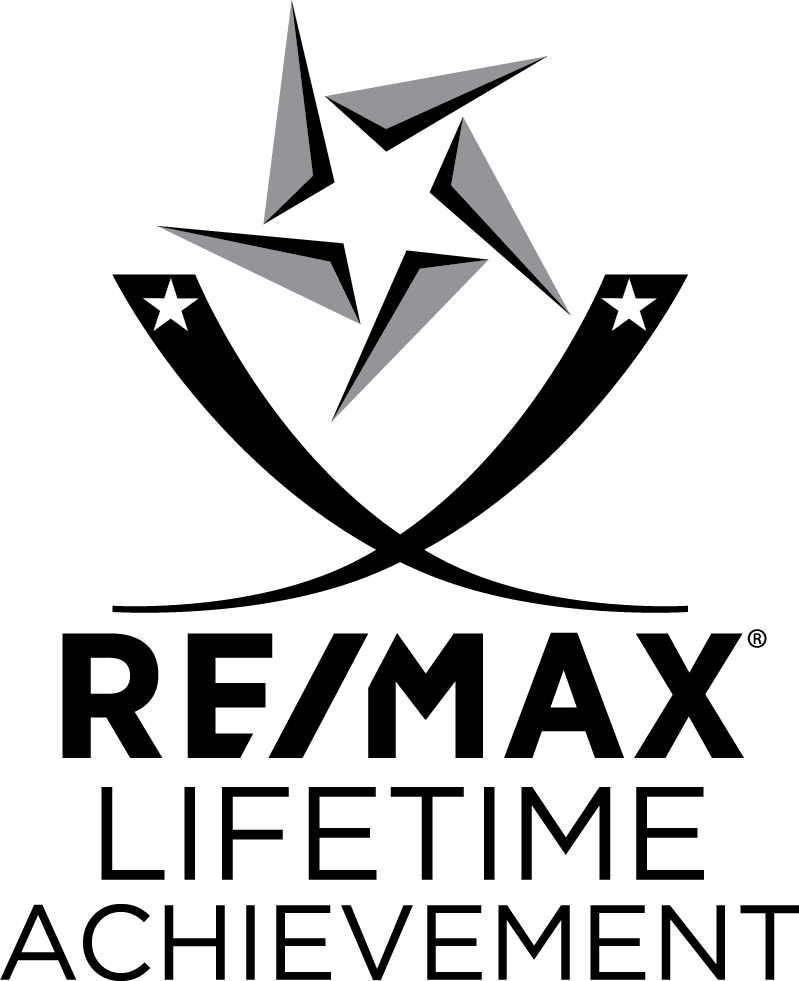Hi, I'm Michelle Perez, your local Solano County real estate agent. Let me ask you a question: when was the last time you had a professional check the value of your single biggest financial asset? For most people, that asset is their home.
If you've owned your home for a few years, you've been quietly building wealth, possibly a lot more than you think. This hidden wealth is called home equity, and it's the key to unlocking your next big move.
In this post, I'll explain what home equity is, why you probably have more of it than you realize, and how you can use it to achieve your goals—whether that's buying a new home, renovating your current one, or even starting that business you've always dreamed of.
Read the article: Do You Know How Much Your House Is Really Worth?













